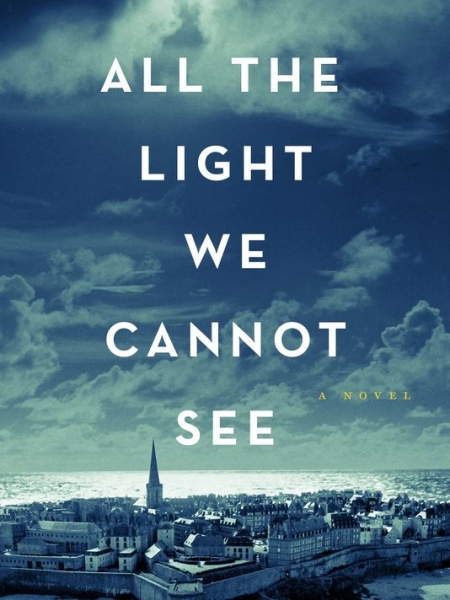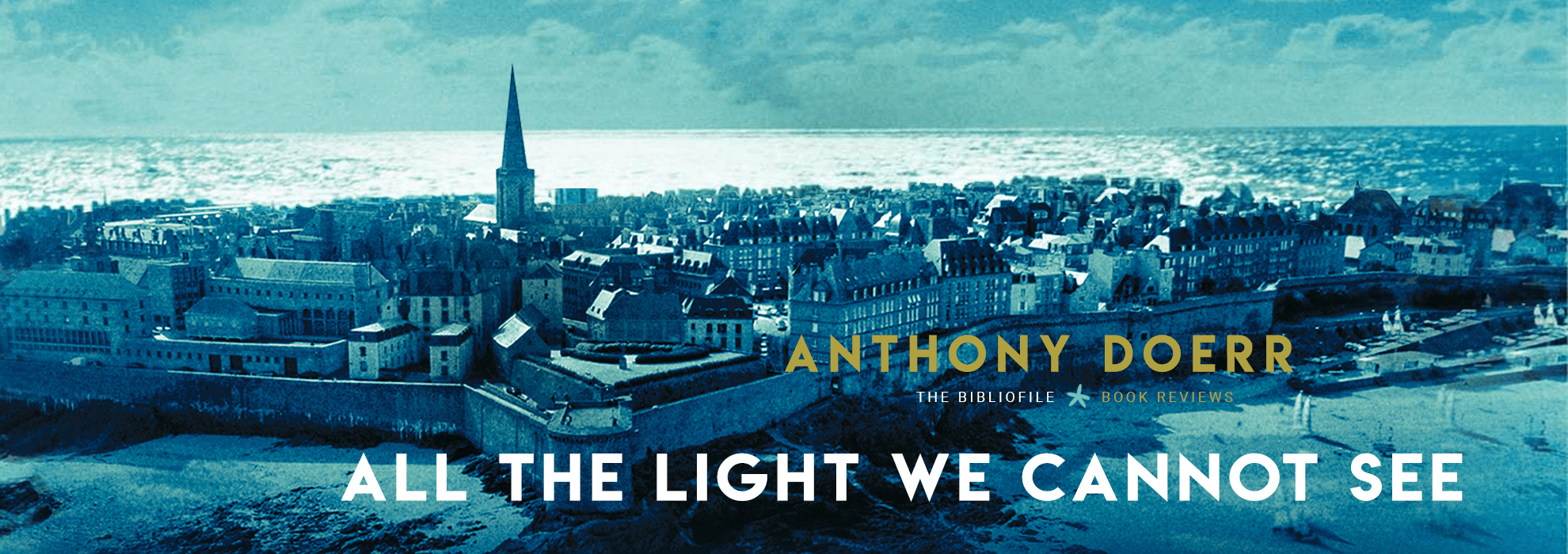By Angeliki Georgakopoulou,
In Doerr’s historical fiction novel All the Light We Cannot See, the power of human motivations in determining and shaping individual and collective experiences unfolds against the backdrop of war. The text delves into the abyss of human experiences during WW2, to reaffirm the significant role of diversity in the construction of fictional worlds.
Within the collective experiences of corruption and conflict in literature, the power of individuals’ motivations to alleviate or pursue this unscrupulousness shines brightly. Particularly, in All the Light We Cannot See, the subverted structural form of the text allows for the character of Frederick to arise as an anomaly, thus giving insight into the purity and humanity hidden behind the motivations of the minority. Frederick is portrayed as a shy and intelligent student who harbors a love for nature and birds. Upon falling behind in his studies and athletic performances at Schulpforta, Frederick is increasingly bullied by the students and teachers. Eventually, Frederick is beaten by the other students — so savagely that he loses his long-term memory, and spends the rest of his life as an invalid. The use of dialogue and a tone of pragmatism in “Your problem, Werner… is that you still believe you own your life”, challenges the responder’s perception regarding the existence of free will during periods of conflict, by positioning Frederick as the voice of realism and especially exemplifies Frederick’s worldview, which later contradicts the moral guise of his motivations.

Subsequently, Frederick’s incorruptible nature is propagated through the determined tone, short truncated sentence, and motif of self-sacrifice in “I will not”. In this part of the novel, narrative momentum is created through the tense ambiance, as Frederick utilizes his integrity and consciousness to shed light on the darkness of war and to defy the totalitarian regime, whose collective barbarous ideals oppose Frederick’s. The blatant contrast between conformity and non-conformity, therefore, attributes value to individuals’ moral and selfless motivations, whilst simultaneously condemning unethical motivations born of malignity.
Moreover, humanity’s fluctuating motivations within the experience of love, in its platonic and materialistic translation, are manifested in the parallel narratives of All the Light We Cannot See. In Doerr’s novel, the ethopoeia of Daniel LeBlanc as an ideal parent, motivated by his unconditional love towards his blind daughter, attributes value to the sanctity of the family unit. In fact, the model city which Daniel builds for Marie-Laure is a representation of the archetypal version of the world they inhabit, governed by peace, love, and order. Hence, the narrative becomes a bridge, connecting the real world of upheaval to its paradigmatic replica and later constitutes Marie-Laure’s only link to her missing father.
On the contrary, in the climax of the novel, the mercenary Von Rumpel’s toxic preoccupation with acquiring the Sea of Flames is elucidated through the indirect threats and rhetorical questions in “We want the same thing… But only one of us can have it… Is it here… or here?”. In the above quote, Von Rumpel’s motivation in obtaining health and immortality converts his infatuation with gems into an experience of materialism, which feeds on his ever-growing emotions of fear, ambition, and selfishness. Hence, the complexity of the human psyche is particularly highlighted through the multifaceted experience of love, which is impacted by the ever-changing motivations of individuals.

Finally, All the Light We Cannot See explores the influence of motivations on the human experience of writing and receiving stories. In an interview by Goodreads, Doerr revealed that his motivation in writing All the Light We Cannot See stemmed from his affiliation with “the natural world and physical sciences” as a child, as well as his fascination with “electromagnetic radiation and the power of the radio”. Therefore, through the writing of his novel, Doerr attempted to captivate and engage an audience by employing a project of humanism, aimed at igniting and arousing profound emotions by glorifying diversity. In this way, the text endeavors to question the status quo of their time and enthuse positive change in society.
In conclusion, in All the Light We Cannot See the influence of motivations in shaping and defining a plethora of human experiences is illuminated. The crafty manipulation and fusion of text form with individual and collective experiences, therefore, allows for assumptions to form regarding the effect of motivations on the human psyche and experience.
References
- Interview with Anthony Doerr, goodreads.com, Available here




